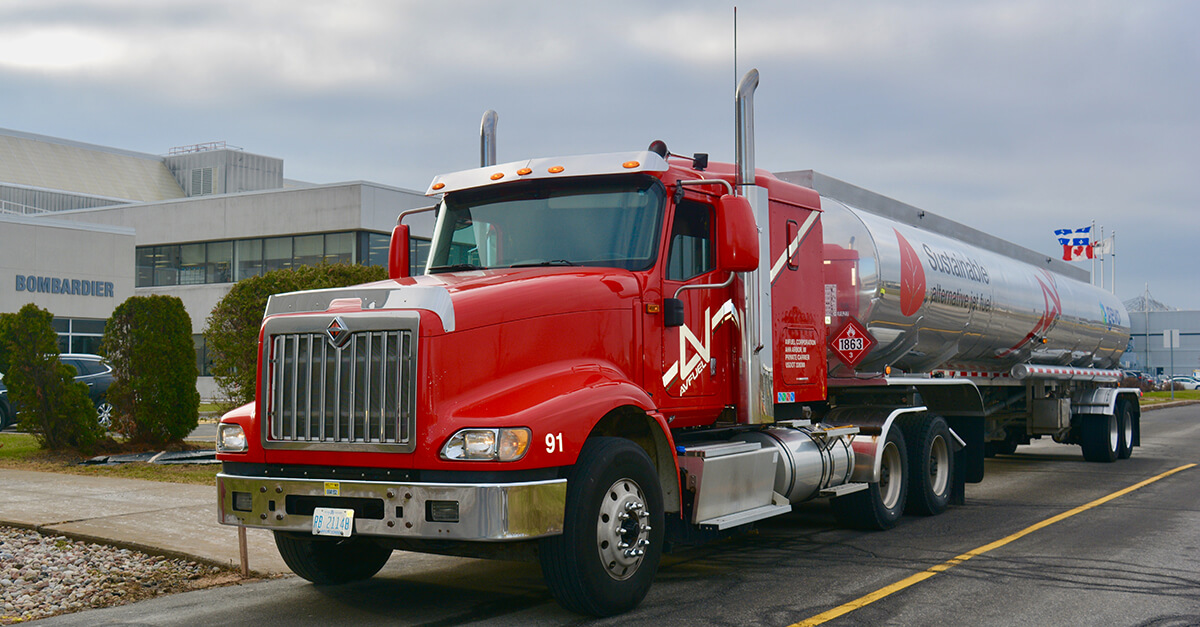
March 5, 2020
NBAA and the National Air Transportation Association (NATA) are jointly supporting a key legislative provision in Washington state that could provide the necessary momentum to successfully expand the use of sustainable aviation fuel (SAF).
The bill – HB 1110 – includes a provision that allows SAF producers and the aviation industry to obtain credits for the production, import, distribution, use or sale of fuels that produce lower emissions to help offset fuels with a higher carbon intensity. SAF is a safe and reliable alternative to Jet A that positively contributes to reducing CO2 without impacting aircraft performance, manufacturer warranties or engine maintenance programs.
“As SAF meets the rigorous jet fuel specification, it is a “drop-in” fuel that can be delivered to the common storage and fuel distribution systems at an airport and blend seamlessly with petroleum-based jet fuel to power all turbine aircraft departing from that airport. While we have made significant progress, we must scale up supply and enhance cost-competitiveness to realize the market potential of SAF,” said NBAA President and CEO Ed Bolen and NATA President and CEO Timothy Obitts in a letter to the Washington state Senate Transportation Committee.
“HB 1110 will provide the aviation industry with the stability necessary to continue investing in technology that will generate economic and environmental benefits across the globe,” the letter noted. “Despite the fact that business aviation accounts for a fraction of one percent of global greenhouse gas emissions, the industry is committed to continuing to improve on our strong fuel efficiency record and to further enhancing our nation’s energy security through various means, including the deployment of SAF.”
The SAF provisions included in HB 1110 are also supported by Airlines for America and Alaska Airlines.
SAF is critical to the aviation industry’s climate commitments, and the broad availability of SAF is a key goal of the Low Carbon Fuels Coalition, a global aviation industry effort that aims to achieve carbon-neutral growth in international aviation from 2020.
“We will not be able to achieve these goals without policies like those related to aviation fuels in HB 1110,” said Bolen and Obitts. “We strongly support your leadership on this issue, which will enable the aviation industry to continue our progress in improving efficiency and reducing emissions. We look forward to working with you on this important effort.”
Low carbon fuel standards that allow credits for SAF, and are similar to those proposed in HB 1110 have already been enacted in California and Oregon.
View the full letter to the committee. (PDF)
NBAA and NATA are members of a coalition of aviation organizations supporting the use of SAF. Learn more about the Business Aviation Coalition for Sustainable Aviation Fuel.


 International Business Aviation Council Ltd.
International Business Aviation Council Ltd.